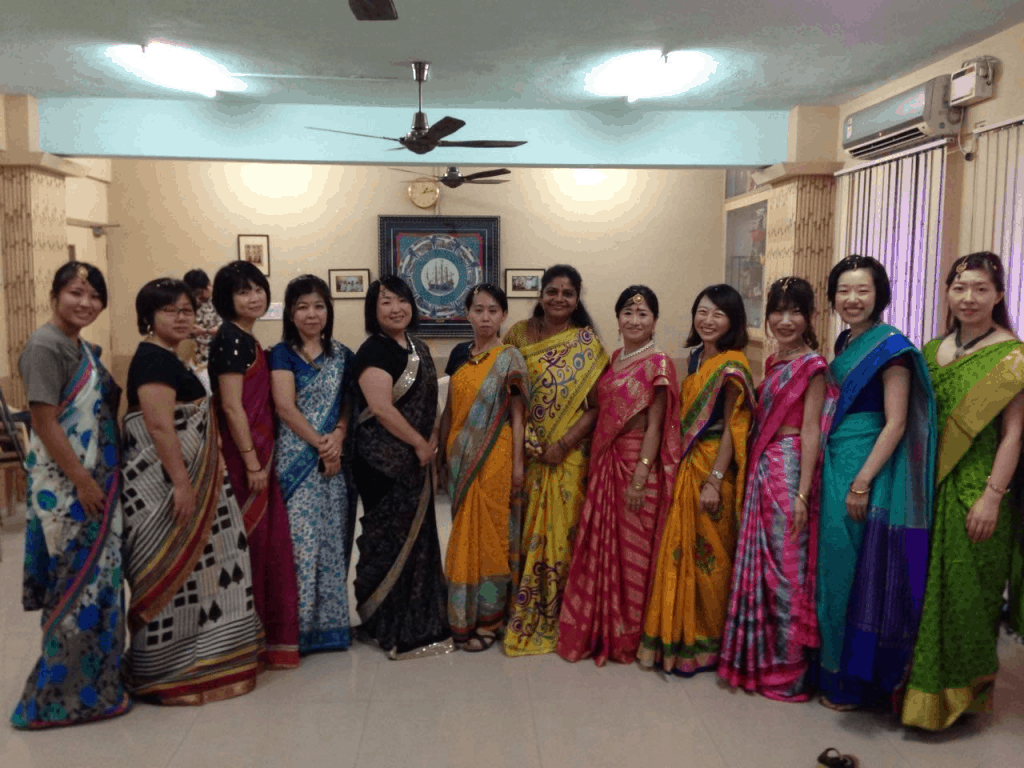With the IT industry witnessing a boom, Chennai’s demographic landscape is rapidly changing due to large scale migration of employees from other states and countries, giving the city a cosmopolitan character. But at the core of the city’s society and culture, the sentiment towards the Tamil language remains intense and deep-rooted. Learning Tamil, therefore, not only helps avoid communication barriers during regular daily interactions, it also wins more friends. Tamil is one of the six “classical” Indian languages. For a language to be declared classical, it should meet three criteria: ancient origins, independent tradition and having a considerable body of ancient literature. The recognition places Tamil alongside other global classical languages like Chinese, Sanskrit, Arabic, Greek and Latin.
The good news is that learning Tamil is not a daunting task. Technology, in particular, has made learning Tamil relatively easy.
There is a common perception among many that migrants to a city tend to hang around with people from the same community or state and have limited interaction with locals; as a result they make no efforts to learn the local language. However, belying this notion, many students hailing from other states and neighbouring countries are attempting to learn the basics of Tamil.
Read more: What connects ‘Naina’ and ‘KD’? The unique Madras Bashai
Myriad reasons to learn
“When I came here two years ago, I found it difficult as the majority of the people converse in Tamil,” says Tenzin Norbu, a final year college student who came to the city from Tibet. “Also, foreign nationals at my college have to mandatorily undergo the ‘Basic Tamil’ course as part of our curriculum”.
With college kindling Tenzin’s interest, he took it upon himself to learn Tamil beyond the basics. “I sought help from my Tamil classmates,” adds Tenzin. ‘Now I can talk fairly fluently”.
While college introduced Tenzin to Tamil, for Aparna Gautam, a career growth specialist and life coach, her desire to make friends made her learn Tamil. “When I came to Chennai to pursue my under graduation, I observed that people in the class formed their own groups based on the languages they speak,” recalls Aparna, who moved to Chennai from Bihar 15 years back. “I did not want to limit myself to one group. So when I started making friends with those who spoke Tamil, I started nudging them to teach me”.
For Aparna, her friends and Tamil movies were the first teachers. “Learning the language opened up the beautiful world of Tamil cinema and music as well, and helped establish deeper connections with people,” says Aparna, who calls Chennai her second home.
“We have seen a sea change in terms of outsiders willing to learn Tamil and blend with the people of Chennai,” says Gayathri Srinivas, proprietor of Tamizh Mozhi Koodam, a private institute teaching the language, “We have trained around 3000 people in the last three years that include state government officials, private company employees and students.”
Gayathri adds that it is essential to understand how people from different parts of the world learn. “The approach varies from one student to the other,” says Gayathri. “For instance, Germans are very dedicated while Koreans are curious and ask a lot of questions. So to keep it focussed, we handle classes in small batches.”

Today, more and more outsiders are beginning to embrace Tamil due to several factors like
- The need for effective communication with day to day service providers like maids, vendors, autorickshaw drivers, bus conductors etc.
- Educational needs
- To blend with the city and identify with its culture
Read more: Let’s all learn Kannada to connect better with Bengaluru
Tips to learn Tamil
D Samuel, Assistant Professor in charge, Department of Tamil, Madras Christian College suggests starting from learning the vowels and consonants.
“It is important to learn to read basic Tamil that will help them read signboards,” says Samuel. “We then introduce them to names of places, salutations and relationship vocabulary that students could use in their daily interactions”.
Samuel suggests:
- Start with simple phrases and expressions:
Vannakkam (greetings)
Eppadi irukkeenga? (how are you?)
Nandri (thank you)
Unga peru enna? (what is your name?) etc.
- Learn the 5Ws and 1H:
- What – Enna
- Who – Yaaru
- When – Eppo
- Where – Enga
- Why – En
- How – Eppadi
- Learn the important verbs
- Come – vaa
- Study – padi
- Sit down – utkaar
- Get up – ezhunduru
- Walk – nada
- Eat – saapidu
- Learn the pronouns
- He – avan/avar
- She – aval
- It/This – adhu/idhu
- Gender neutral pronoun – avanga
- Learn the tenses
- Learn a few simple sentences indicating request, advise, order, interrogation and negation.
What helps
- Watching Tamil movies with subtitles is an important and entertaining way to improve your language skills.
- Do not hesitate to talk in Tamil
- Watch news in Tamil that helps you learn the language and also know what’s happening around you
- Talk to your co-passenger whenever you use public transport
Resources
For all those non-Tamils in Chennai who are willing to go that extra mile to learn Tamil, here is a list of helpful resources
YouTube videos
- Spoken Tamil Through Hindi – Day #1
- WH Questions – Learn Tamil through English
- தமிழ் கற்போம் பாடங்கள் பகுதி 6 (LEARN TAMIL)
Websites
Instagram pages
Applications
- Learn Tamil Quickly by Alter Gyan
- Learn Tamil through English by agurchand
- Learn Tamil Easily by Nithra Tamil Labs